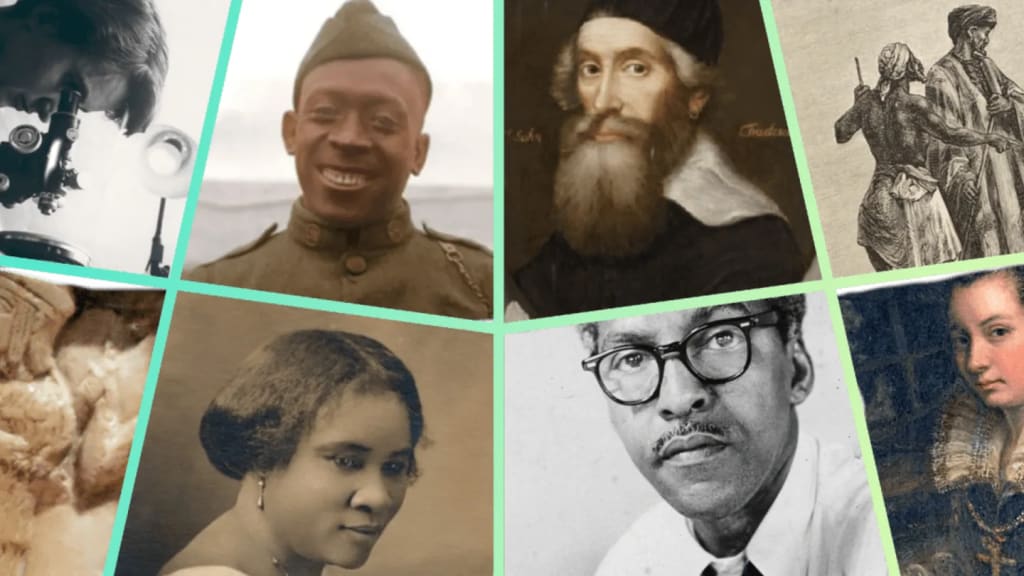
History, with its grand narratives and celebrated icons, often relegates lesser-known figures to the footnotes of our collective memory. While the towering figures of the past have rightfully earned their place in the annals of history, there exist a multitude of unsung heroes whose contributions have, unfortunately, faded into the background of time. These individuals, through their remarkable achievements and often against great odds, have significantly shaped the course of human history. Their stories, too long overlooked, deserve to be resurrected and celebrated.
Among these forgotten heroes is the enigmatic figure of "Hypatia of Alexandria."In an era marked by intellectual and social tumult, Hypatia, a renowned mathematician, astronomer, and philosopher, emerged as a guiding light. Born in the 4th century CE, her groundbreaking contributions to the fields of mathematics and astronomy were instrumental in laying the groundwork for subsequent scientific progress. A respected scholar in the Library of Alexandria, she defied the societal norms of her time, advocating for the education of women and contributing significantly to the intellectual discourse of her era. Tragically, her life was cut short by a brutal act of violence, yet her legacy as a pioneer in the field of science and an advocate for gender equality remains an inspiration for generations to come.
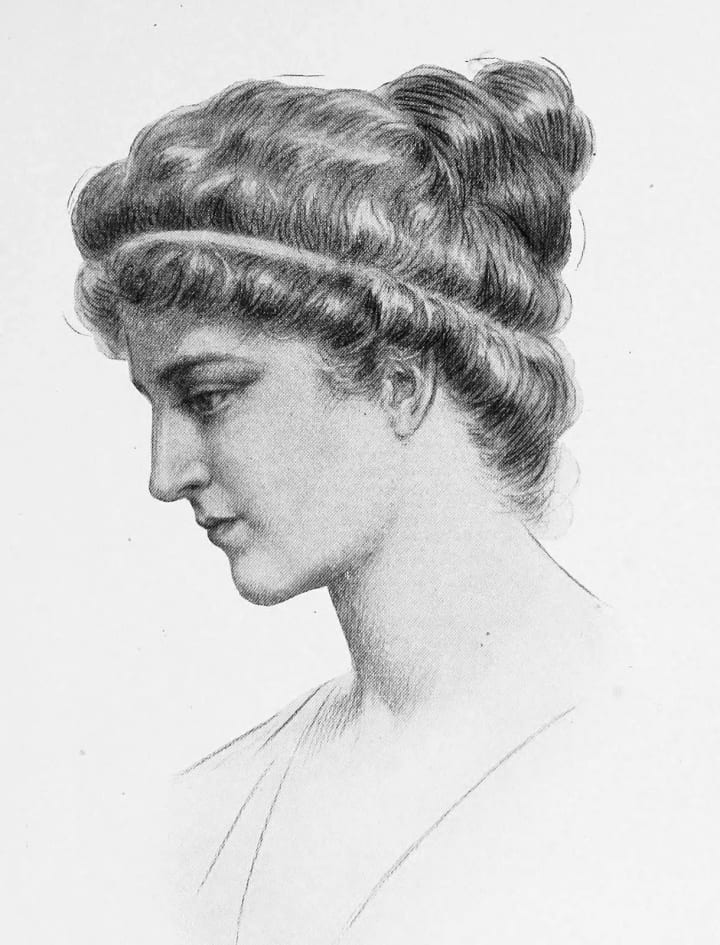
Similarly, the indomitable spirit of Bayard Rustin, a prominent figure in the American civil rights movement, stands as a testament to the power of nonviolent resistance and advocacy. A master strategist and organizer, Rustin played a pivotal role in the organization of the historic March on Washington in 1963, where Dr. Martin Luther King Jr. delivered his iconic "I Have a Dream" speech. Despite his significant contributions to the advancement of civil rights, Rustin's legacy was often overshadowed by the spotlight cast on other leaders of the movement. As an openly gay man in an era marked by rampant discrimination, his story serves as a poignant reminder of the intersectionality of social justice movements and the importance of recognizing the contributions of marginalized voices in the fight for equality.
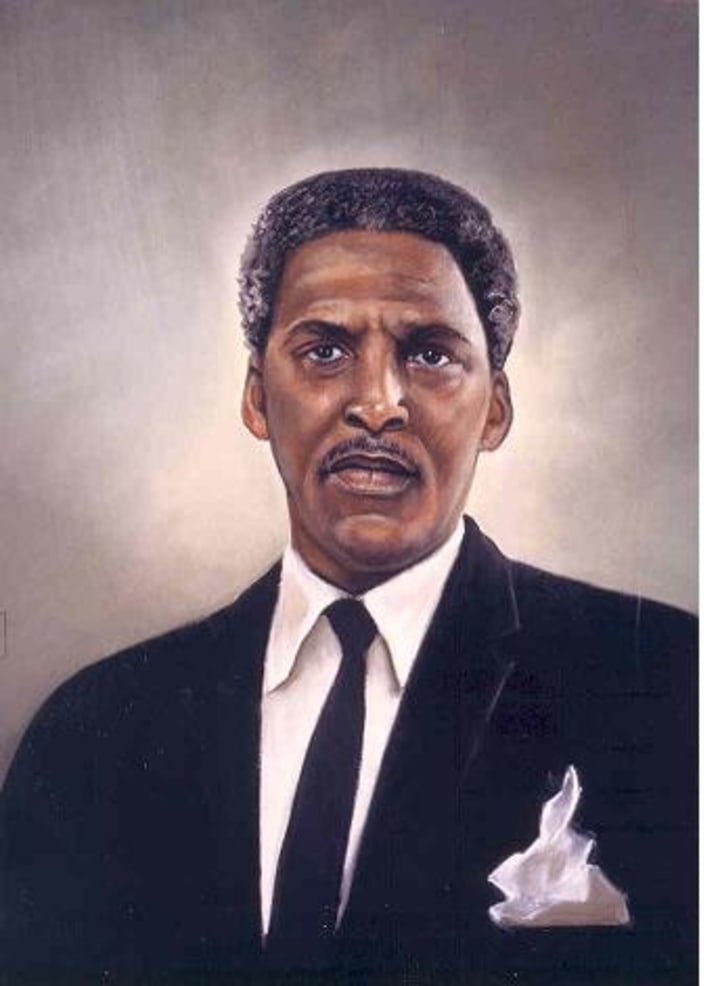
Moreover, the realm of artistic innovation has also been graced by the presence of numerous unsung visionaries, including Artemisia Gentileschi, whose exceptional talent and resilience in the face of adversity defied the conventions of her time. A celebrated Baroque painter, Gentileschi overcame personal and professional challenges to establish herself as one of the most accomplished artists of the 17th century. Despite enduring personal trauma and societal barriers that hindered the recognition of her talent, Gentileschi's masterful works, characterized by their dramatic use of light and shadow and powerful portrayal of biblical and mythological themes, have secured her a place in the pantheon of art history.

Furthermore, the legacy of Ibn al-Haytham, a pioneering polymath of the Islamic Golden Age, continues to resonate through the ages. An eminent scholar in the fields of mathematics, astronomy, and optics, al-Haytham's groundbreaking contributions to the development of the scientific method and his revolutionary work on optics laid the foundation for modern scientific inquiry. His seminal treatise, "Kitab al-Manazir" (The Book of Optics), not only revolutionized the understanding of vision and light but also paved the way for advancements in fields ranging from physics to ophthalmology. Despite the profound impact of his work on subsequent scientific thought, al-Haytham's name remains relatively obscure in mainstream historical narratives, underscoring the importance of recognizing the diverse intellectual heritage that has shaped human civilization.
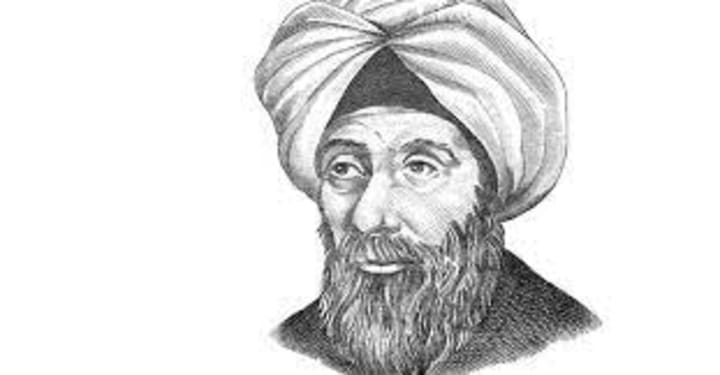
Furthermore, the contributions of Sophie Scholl, a young German student and anti-Nazi political activist, highlight the immense courage displayed by individuals in the face of oppressive regimes. Scholl, along with her brother Hans and other members of the nonviolent resistance group known as the White Rose, bravely protested against the atrocities committed by the Nazi regime during World War II. Their distribution of anti-war leaflets and their vocal opposition to Hitler's totalitarian rule ultimately led to their arrest and execution. The unwavering commitment of Sophie Scholl and her fellow activists to truth and justice serves as a timeless reminder of the power of dissent and the resilience of the human spirit, even in the darkest of times.
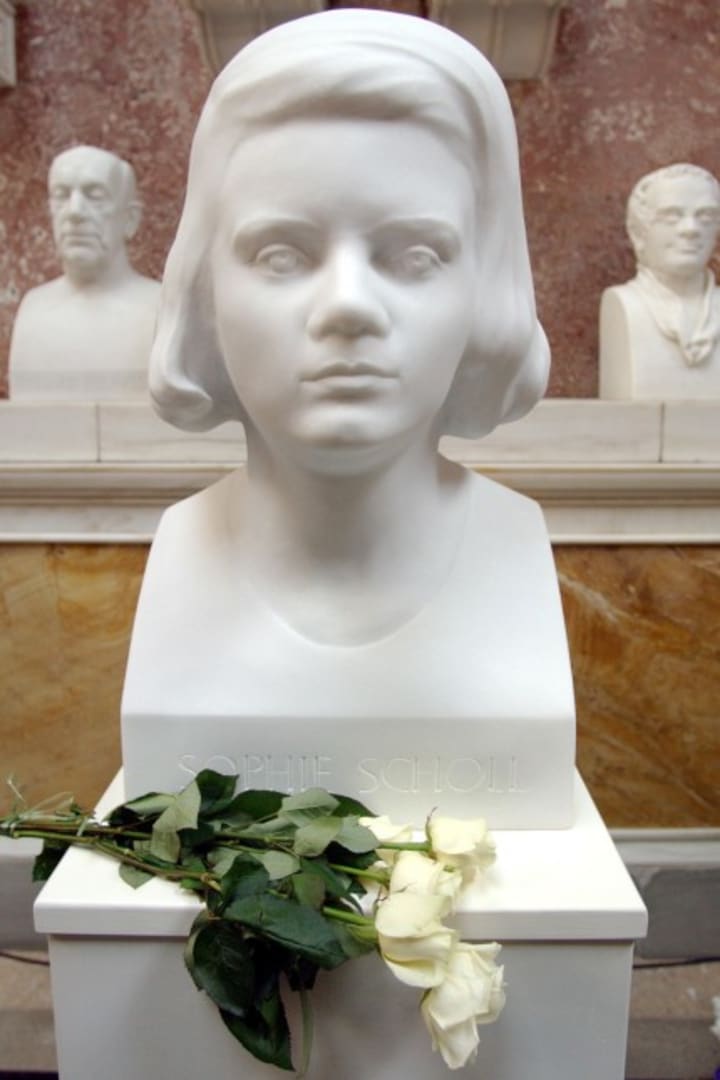
In the field of medicine, the pioneering work of Wangari Maathai, an environmental and political activist from Kenya, stands as a beacon of hope for environmental conservation and sustainable development. Maathai, the first African woman to receive the Nobel Peace Prize, founded the Green Belt Movement, an organization dedicated to promoting environmental conservation and empowering communities through tree-planting initiatives. Her tireless efforts to combat deforestation and promote grassroots activism have left an indelible mark on the global environmental movement. Despite facing significant opposition and adversity, Maathai's unwavering dedication to environmental justice and social empowerment has solidified her position as a global environmental icon, showcasing the critical role of grassroots activism in addressing pressing environmental challenges.
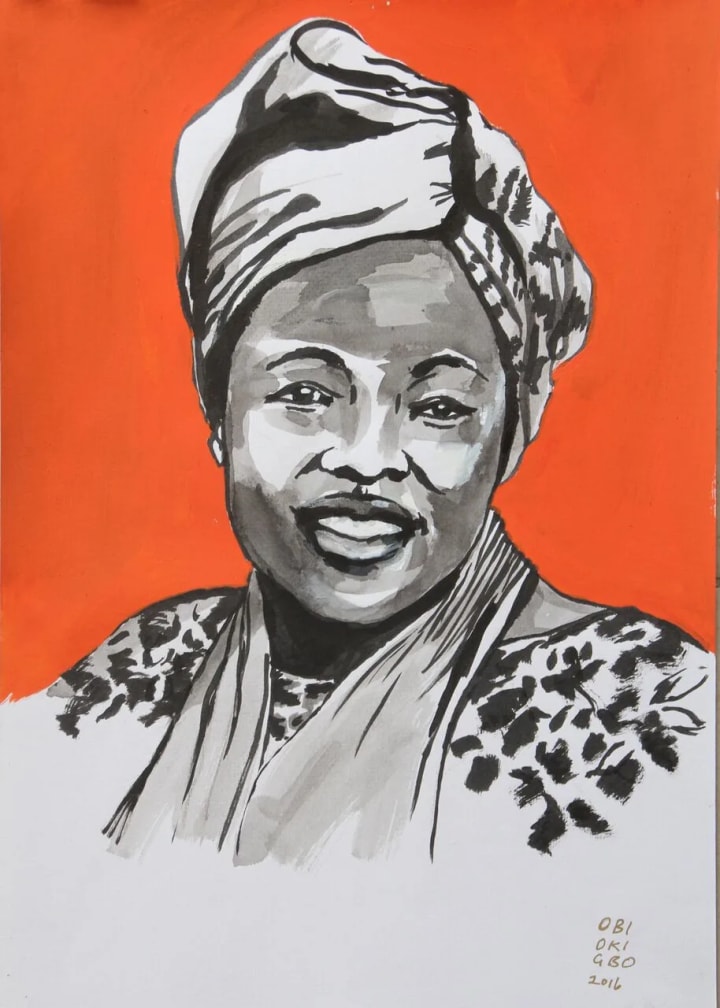
Furthermore, the revolutionary contributions of Lisa Meitner, a pioneering physicist whose work was instrumental in the discovery of nuclear fission, remain a testament to the indispensable role of women in the advancement of scientific knowledge. Meitner's collaboration with Otto Hahn in the 1930s led to the groundbreaking discovery of nuclear fission, a pivotal breakthrough that laid the groundwork for the development of atomic energy and the subsequent advancements in nuclear physics. Despite her significant contributions to the field, Meitner faced gender-based discrimination and marginalization, which led to her contributions being overshadowed by her male counterparts. Her enduring legacy serves as a reminder of the necessity of recognizing and celebrating the contributions of women.
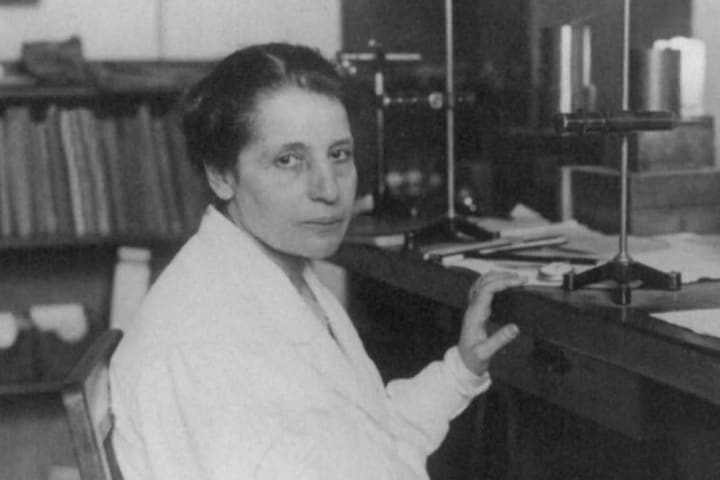
About the Creator
Zakaria
📝 Discover a World of Ideas and Insights 🌟 Welcome to a treasure trove of thought-provoking articles carefully crafted to inform, inspire, and entertain. Our articles are more than just words; they are windows into new perspectives.






Comments
There are no comments for this story
Be the first to respond and start the conversation.